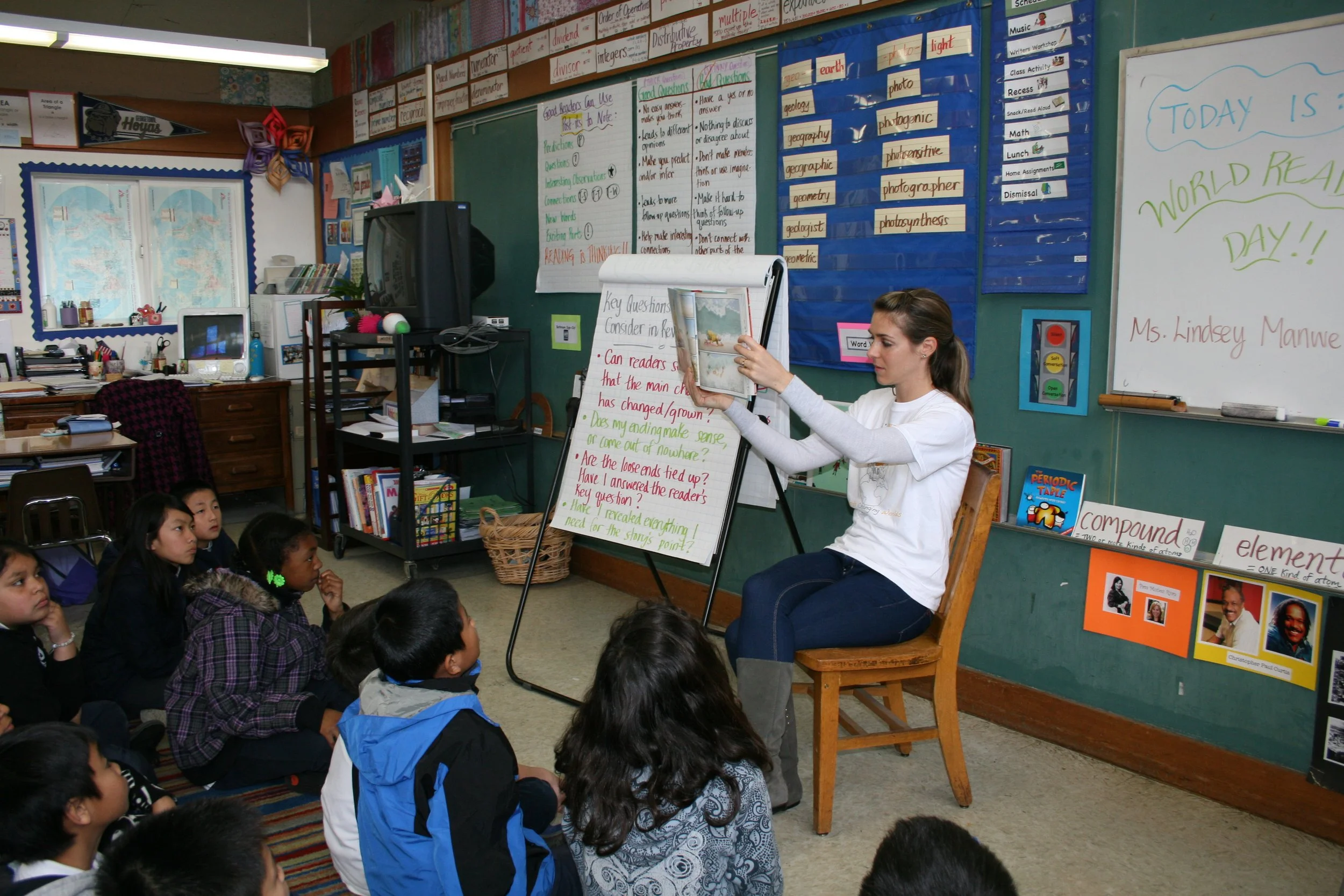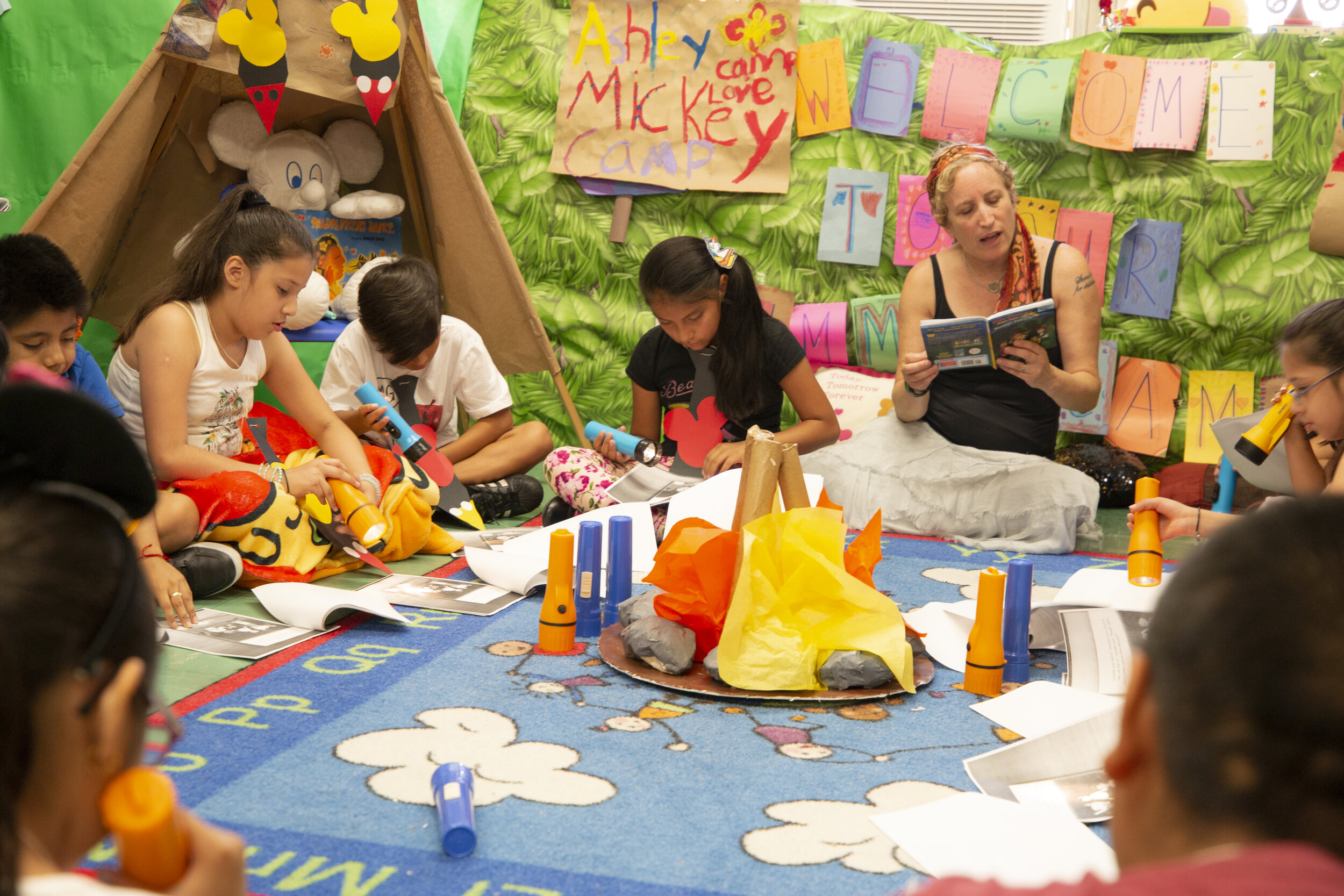Guest post by Pam Allyn, founder of LitWorld and author of many acclaimed books for educators and families including ‘Every Child a Super Reader’, co-authored with LitWorld board member Dr. Ernest Morrell.
This summer more than ever, LitCamp has meant so much to so many children across the country. With its social-emotional learning framework and authentic literacy skill building activities, LitCamp provides a welcoming, caring community of belonging at a time when all of us really need that - especially our nation's kids.
LitCamp began as a seed idea in Harlem, NY and Nairobi, Kenya in 2010. That summer, the LitWorld team co-created a strengths based approach to meet the needs of summertime learning with two of our cherished local partners. Together, we recognized the power of this work when many more children than the original participants started to come, more and more each and every day! It turned out everyone was telling their cousins and friends and neighbors, so everyone wanted to come to LitCamp and we made space for them all! It was the first sign of what would become a sustaining feature of this program: a powerful community of belonging and learning that wraps each and every LitCamper in an environment of serious joy.
Pam Allyn and Dick Robinson
The CEO of Scholastic, Dick Robinson left an extraordinary legacy with his dedication and support of LitCamp. After hearing the story of how much the first of our LitCampers loved their experience, he asked: "How can Scholastic help grow this amazing work?" And with that question, thousands more children were able to join into the power of LitCamp.
Many times, I have LitCampers say to me: "Only 323 days left until LitCamp... Only 12 days left.." Children count down the days. They count them down because they love that their stories matter at LitCamp. They count them because they love improving their reading and writing skills in record time. They count them because they love how LitCamp values and understand matters of the human heart: friendship, joy, optimism and courage.
This year, we see so profoundly the value of a program that intersects social emotional learning and academic development. But most of all, we see how much it matters to connect to others. LitCamp does it all.
About LitCamp
LitCamp is LitWorld's innovative literacy program that combines engaging, motivational literacy lessons with an interactive summer camp approach for Pre-K through 8th Grade and centers our 7 Strengths. LitCamp, in English and Spanish, and deeply culturally responsive in the LItWorld core values, celebrates and builds on kids’ strengths, helping them reach their full potential as empowered literacy learners across all subject areas.
Together, LitWorld and Scholastic - the world's largest publisher and distributor of children's books - bring LitCamp to thousands of classrooms every summer, reaching over a million kids across the U.S. since 2015!



















